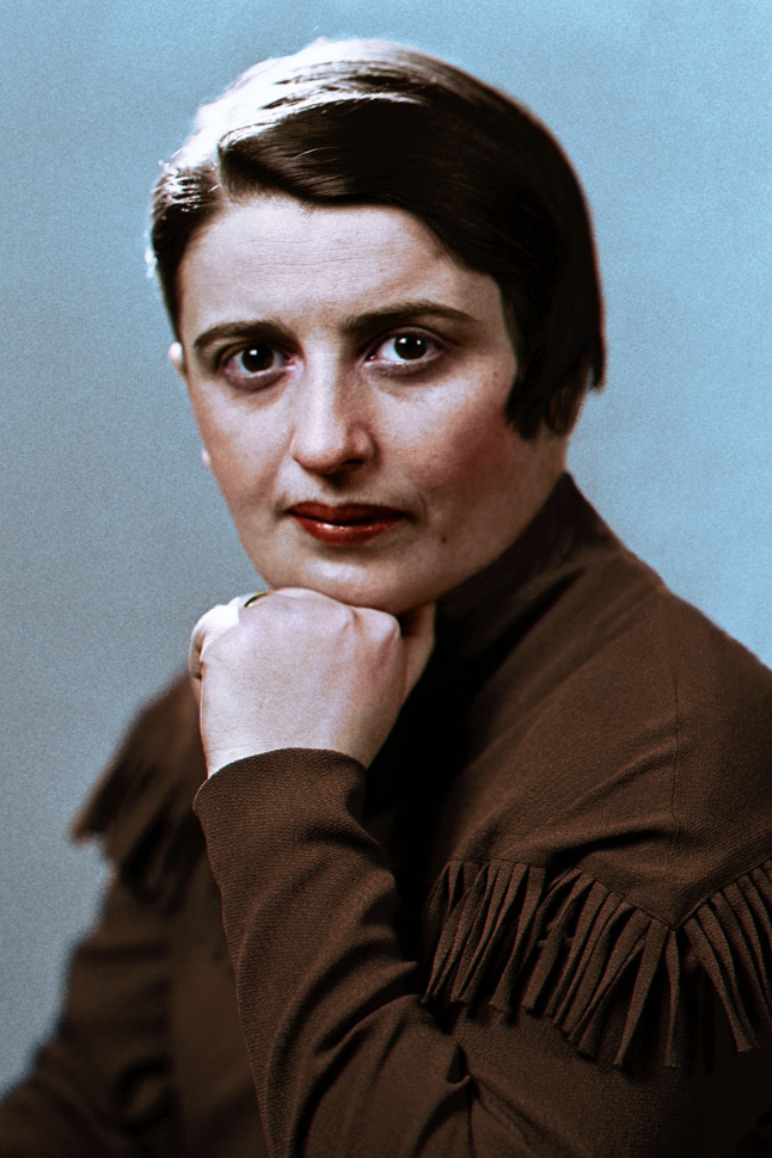
Personal info
Known for
Ultimate Talent
Gender
Female
Birthday
02 February
Location
Saint Petersburg, Russia
Edit pageAyn Rand
Biography
Ayn Rand (1905–1982) was a Russian-American novelist, philosopher, and playwright best known for developing the philosophical system known as Objectivism. Born Alisa Zinovyevna Rosenbaum in St. Petersburg, Russia, she grew up during a time of political turmoil. After witnessing the Russian Revolution and the rise of communism, she emigrated to the United States in 1926, determined to pursue a life of intellectual and artistic freedom.
Rand began her career in Hollywood as a screenwriter but soon turned to fiction. Her early novels, such as We the Living (1936) and Anthem (1938), reflected her opposition to collectivism and her belief in individual liberty. She achieved widespread fame with The Fountainhead (1943), the story of an independent-minded architect, Howard Roark, who defies social conventions to pursue his creative vision. The novel established Rand as a bold defender of individualism and the creative spirit.
Her most influential work, Atlas Shrugged (1957), presents a dystopian vision of a society that collapses when its most productive thinkers and innovators withdraw their talents in protest against government control and moral hypocrisy. The novel also laid out the foundation of Objectivism, Rand’s philosophy based on the principles of reason, rational self-interest, and laissez-faire capitalism. She argued that the moral purpose of life is the pursuit of one’s own happiness and that reason—not faith or emotion—is the only means of gaining knowledge.
Beyond her novels, Rand wrote extensively on ethics, politics, and epistemology, promoting capitalism as the only moral social system because it respects individual rights and freedom. Though her ideas were controversial and often criticized, they attracted a passionate following and have influenced many thinkers, business leaders, and policymakers.
Ayn Rand’s legacy remains powerful and divisive. To her admirers, she is a champion of reason, freedom, and the individual; to her critics, a symbol of radical egoism. Yet few deny her impact—her writings continue to challenge readers to think independently, live purposefully, and question the moral foundations of modern society.